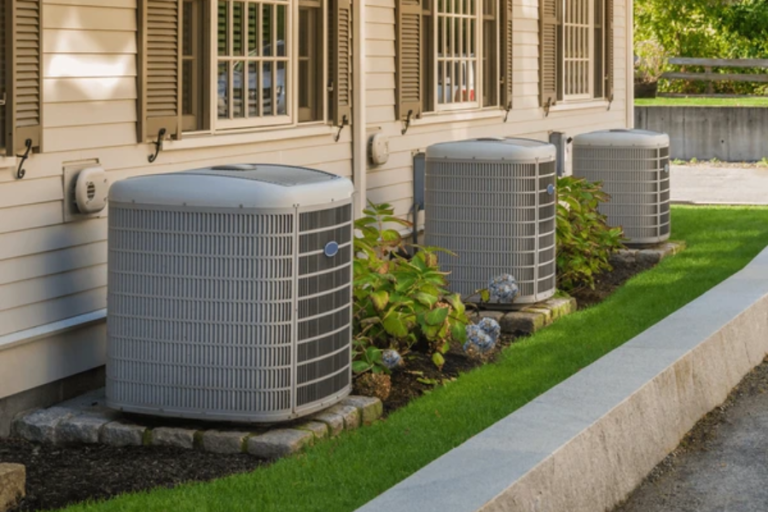Waterfront Land Buying Guide: Key Considerations
Buying waterfront land requires evaluating factors like property access, flood risks, and water quality. Consider zoning regulations, erosion control, and potential for development. Assess property values and long-term investment potential. Thorough research and expert consultation ensure a sound purchase and enjoyable waterfront living experience.
Understanding Waterfront Land and its Appeal
Waterfront properties are often seen as the epitome of luxurious living, offering breathtaking views and access to various recreational activities. The appeal of owning land next to a body of water can range from having a peaceful retreat to the opportunity for water-based sports. For those interested in owning such a paradise, understanding the different types of waterfront land—from oceanfront to riverfront and lakefront properties—is crucial. For instance, lakefront cottages for sale are often a perfect blend of beauty and accessibility, making them a popular choice.
Determining whether your dream property is oceanfront, riverfront, or lakefront will significantly impact your lifestyle and investment. Each type offers unique benefits and considerations, from climate impact to the kind of recreational activities available. Oceanfront properties, for example, may offer vast, uninterrupted views and access to sandy beaches but can be prone to erosion and hurricane damage. Riverfront properties might provide opportunities for fishing and boating but could be subject to seasonal flooding. Lakefront properties offer a balanced mix of scenic views and recreational opportunities, often with more stable water levels and less severe weather impact.
Legal and Zoning Issues
Before making any decisions, it’s imperative to research local zoning laws and property regulations. Zoning regulations differ significantly across places, affecting what you can and cannot do on your waterfront property. These regulations govern aspects such as building sizes, permitted property uses, and setback requirements from the waterline. Breaking these regulations might lead to expensive and time-consuming penalties or legal conflicts. Moreover, some areas may have restrictions to protect the natural environment, limiting development to preserve the local ecosystem. Familiarizing yourself with local zoning laws can prevent potential legal complications. Consulting legal resources can offer a comprehensive understanding of your rights and obligations.
Environmental Factors
Environmental elements like flooding, erosion, and water quality play a critical role in the usability and value of waterfront properties. To ensure your ideal home has a nightmare situation, it is essential to conduct thorough research and consult with experts in environmental evaluations. Flooding and erosion, for instance, can cause significant structural damage and devalue your property over time. Water quality also impacts both recreational use and the local ecosystem. Poor water quality could limit swimming opportunities and affect fishing. Utilizing reports and data from environmental protection agencies can offer valuable insights and guidance. They provide information on local environmental conditions, potential hazards, and guidelines for sustainable living. Understanding these elements will enable you to protect your property by taking the appropriate precautions and making well-informed decisions.
Property Accessibility
Accessibility is another crucial factor to consider. Assess the convenience of reaching the property by road and ensure it’s near essential amenities such as hospitals, schools, and supermarkets. This will affect your day-to-day living and influence the property’s value and ability to resell. For remote properties, consider the condition of access roads and whether they are maintained year-round. Proximity to emergency services is essential, as it can impact both safety and insurance rates. Additionally, consider the availability of public services like garbage collection and mail delivery. Ensuring the property is easily accessible and well-connected can significantly enhance its livability and desirability.
Cost Implications
While waterfront properties can offer an unparalleled living experience, they also come with their own set of costs. Often, these lands are priced higher than their landlocked counterparts due to their desirable locations. Investing in additional expenses such as flood insurance and elevated property taxes is essential. Insurance costs can be higher for waterfront properties owing to the increased risk of water damage and natural disasters. Furthermore, maintaining the property, including erosion control, dock repairs, and water cleanliness, can add to the overall expense. Understanding the financial factors will enable you to secure your investment over time by making an informed purchase decision. Budgeting these extra expenses is crucial to avoid financial strain and ensure sustainable ownership.
Recreational Activities
The recreational activities permissible and feasible on the property should align with your lifestyle and interests. Whether you are an avid boater, angler, or swimmer, ensure the property supports these activities. Restricted access or limitations on water use can significantly impact your enjoyment and the property’s value. For instance, some areas may have boating restrictions to protect wildlife or limit certain types of watercraft. Ensuring the property meets your recreational needs can enhance your living experience and increase the property’s overall appeal. Additionally, seasonal variations in water levels and weather conditions could affect the property’s usability for recreational purposes.
Investment Potential
Waterfront properties often appreciate over time, making them a sound investment. However, market conditions can fluctuate, and it’s essential to consider long-term trends rather than short-term gains. Consulting real estate professionals can provide valuable insights into market conditions, helping you gauge the property’s investment potential. The appreciation rate can influence factors such as location, developmental plans for the surrounding areas, and the overall demand for waterfront properties. Properties in developing or high-demand areas are often better investments than those in remote locations. Additionally, consider the impact of climate change on the property’s future value and livability.
Utilities and Services
One often overlooked aspect of buying waterfront property is the availability of essential utilities and services. Ensure the property is connected to critical utilities such as water, electricity, and waste disposal. Additionally, checking for the availability of high-speed internet is becoming increasingly necessary. Rural and remote properties may require additional infrastructure to connect to these services, which can be a significant expense. Verify if there are any limitations or additional costs associated with extending utilities to your property. Being well-informed about the availability and reliability of essential services can help you avoid unforeseen issues and ensure a comfortable living environment.





